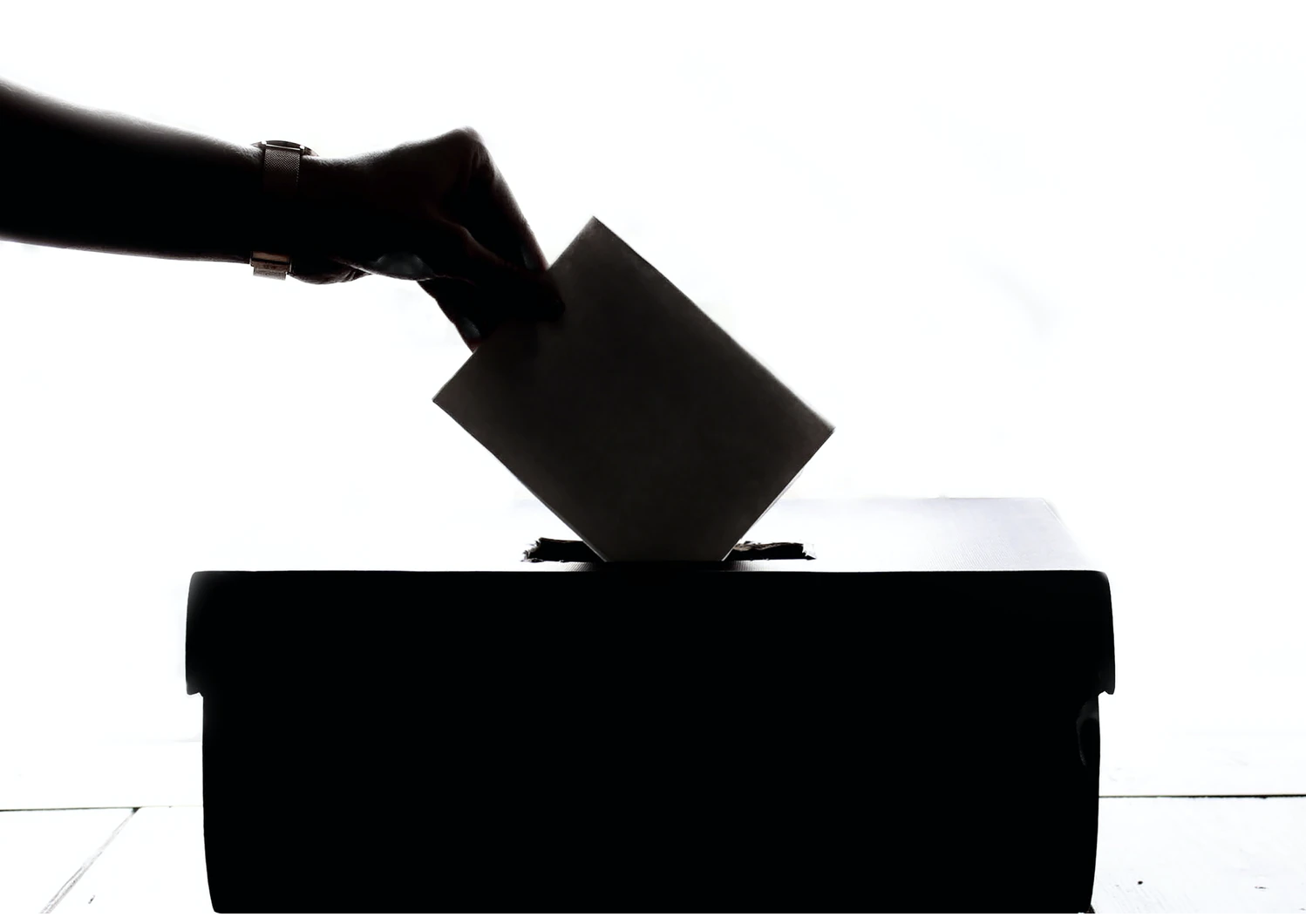As the coronavirus pandemic rages across the U.S., a number of states — including Delaware, Ohio, Pennsylvania and 13 others — have postponed primaries and expanded absentee voting systems to reduce the risk associated with in-person voting. However, the absentee ballot systems that many of these states have adopted pose risks to election security due to a lack of relevant verification systems that voter identification laws provide during in-person voting. These voter identification laws protect against fraud and maintain equity in our elections by preventing the dilution of one’s vote from illegally cast ballots. Vote-by-mail systems, in their current forms, prevent the same level of voter validation as in-person voting, and therefore compromise our election security.
One of the most prevalent means of exploiting absentee ballots to swing an election is ballot harvesting, a practice in which third parties collect and submit ballots on behalf of voters. In a 2018 congressional race in North Carolina, a state where the practice is illegal, a Republican operative was caught allegedly manipulating ballots in an effort to swing the absentee vote for the Republican candidate. Unfortunately, operations like this are all too common; the Heritage Foundation maintains an extensive list of similar cases of election fraud, many dealing with absentee ballots.
While illegal in North Carolina, ballot harvesting is a legalized practice in California, and has led to the election of Democrats in traditionally Republican-held districts. In 2018, Republican David Valadao held a 5000 vote lead over his Democratic challenger TJ Cox in the California 21st Congressional District election. News media had already called the race for Valadao, but a 25 percentage point victory margin from the primary election months prior turned into an 862 vote loss after factoring in harvested ballots, which swung overwhelmingly Democratic. Meanwhile, with the advent of ballot harvesting, Democrats in California were able to sweep seven congressional seats in Orange County, an area traditionally known to be a GOP stronghold. If these stories were not concerning enough, an interaction caught on camera in Santa Clarita showed a ballot harvester explaining to a voter that there is a “new service, but only to, like, people who are supporting the Democratic Party.” While there is currently no evidence that these California ballots were tampered with or discarded by ballot harvesters, the confrontation still calls into question the morality of ballot harvesting and the potential for widespread misuse by its patrons, misuse that could be exacerbated by the increase in absentee ballots during the pandemic.
On the other hand, when casting an in-person ballot, it is much more difficult to commit election fraud due to voter identification requirements that promote secure voting. Currently, 36 states request or require voters to provide identification at a polling place. Such requirements allow poll workers to verify the identity of a person casting a ballot. However, only two states require a copy of ID to be submitted when returning an absentee ballot application. Consequently, mail-in ballots offer a greater potential for fraud. For example, a postal worker could intercept several absentee ballots and return them without a need to verify identity, or provide the names and addresses of mail-in ballot recipients along a postal route to allow someone else to commit the fraud, as one did in Texas in 2014.
Other instances of mismanagement involving the U.S. Postal Service — though possibly due more to ineptitude as opposed to intentional fraud — include the discovery of three tubs of uncounted absentee ballots at a mail processing center in Wisconsin, and a similar revelation concerning hundreds of uncounted ballots in New York. These cases call attention to the widespread voter disenfranchisement that may occur as a result of postal service mismanagement or individual fraud via the mail system.
Some argue that the voter ID laws necessary to curb this fraud are used as a tactical tool to suppress turnout. A recent study by the National Bureau of Economic Research instead found that voter ID laws are not responsible for any negative effect on turnout, even when broken down by party affiliation, race, or gender. Furthermore, the overwhelming majority of Americans, 80%, support voter ID laws in the form of a photo identification requirement, according to a Gallup poll. This includes 77% of nonwhites, a demographic often claimed to be hurt by such laws.
In the midst of the coronavirus pandemic and the push for expansion of vote-by-mail initiatives, we must proceed with caution to prevent and minimize the potential for fraud. For the time being, we should allow mail-in voting to protect the health of those most vulnerable to COVID-19, but in no instance should we permit ballot harvesting, for the sake of election security. For states that offer a wide-scale option for mail-in absentee voting, we should push for requirements to provide photo identification when applying for an absentee ballot to minimize risk of fraudulent requests. Then, we should require ballot envelopes to be signed by the voter to prevent tampering once submitted.
A host of other nations already require proof of identification to vote, such as Sweden, Norway, and Iceland. In many ways, these nations are often seen as models for societal equity. As fair and equitable elections constitute one of the basic tenets of democracy, we should strive to further secure our own elections, just as those aforementioned countries have done by requiring identification.
Voter identification laws are a critical means of maintaining secure and equitable elections, and they should therefore be a bipartisan goal for us to strive to achieve.
Image by Element5 Digital is licensed under the Unsplash License.



